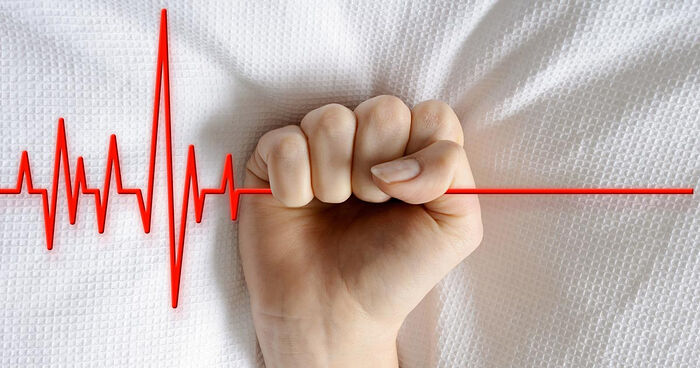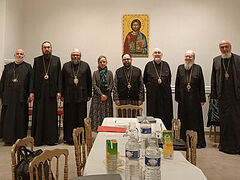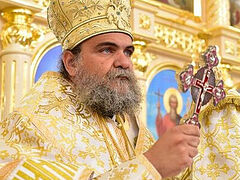Helsinki, February 9, 2023
On January 13, Finland’s Right to Die with Dignity associated relaunched the campaign to legalize euthanasia in the country.
The issue was brought before the government in 2018, but the Parliament shot it down then. Today, deputies are divided on the matter. A panel discussion was held in Parliament yesterday, showing that the Left Alliance and the Greens support euthanasia, while the Christian Democrats oppose it, reports iltalehti.fi.
Both the president and prime minister have also voiced support for legalized euthanasia.
The Council of Bishops of the Finnish Orthodox Church (Patriarchate of Constantinople) formulated a response to the civic initiative in 2018, and with the renewed movement, it has reiterated its response.
“In Orthodox theology, death is seen as a mystery which cannot be fully understood and exhaustively explained,” the bishops’ statement reads. The bishops continue:
Death is seen as a violation of psychosomatic unity, leading to the separation of body and soul. According to the teaching of the Church, life unites body and soul, while death means the violation of this unity. The soul is invisible, and although in view of its creaturehood and by its natural characteristics it is mortal, it is immortal due to its participation in grace. The soul can achieve immortality through unity with God. In Orthodox thought, embracing the whole man, the immortality of the soul cannot be conceived of in isolation from the bodily resurrection. Death as a biological phenomenon relates only to the body, the visible and concrete part of our human nature. Death means the destruction of the body, which is deprived of the possibility “to follow the movement of the soul” and receive life-giving energy from it. Thus, according to the teaching of the Orthodox Church, death is not the end of existence, but the separation of body and soul.
At the same time, the hierarchs stressed that modern medicine allows for maintaining a patient’s viability in a state where the quality of life can no longer be considered good. Sometimes, the artificial maintenance of life can seem, from outside, a worse option than death itself. In this case, the conversation is no longer about the organization of specific care or giving the patient hope, but, rather, about the creation of an ethical impasse.
The Finnish Church has a clearly negative attitude to the attempt to legalize euthanasia, the bishops write, partly due to the same arguments as are found in medical ethics about respect for the individual and his right to life.
“The Orthodox Church equates euthanasia with premeditated murder, in the case that it is committed without consent of the patient, and with suicide, if it is committed at his request,” the Finnish Church affirms. “The man who makes the decision to end his days breaks from the Church and brings his actions to the judgment of God alone: For what have I to do to judge them also that are without? Do not ye judge them that are within? But them that are without God judgeth (1 Cor. 5:12-13), In whose hand is the soul of every living thing, and the breath of all mankind (Job 12:10).”
“Everyone can leave this life, but no one can cease to exist,” the bishops write, reiterating the Church’s teaching on the immortality of the soul.
The Orthodox bishops of France also published an anti-euthanasia statement in January.
Follow OrthoChristian on Twitter, Vkontakte, Telegram, WhatsApp, MeWe, and Gab!




